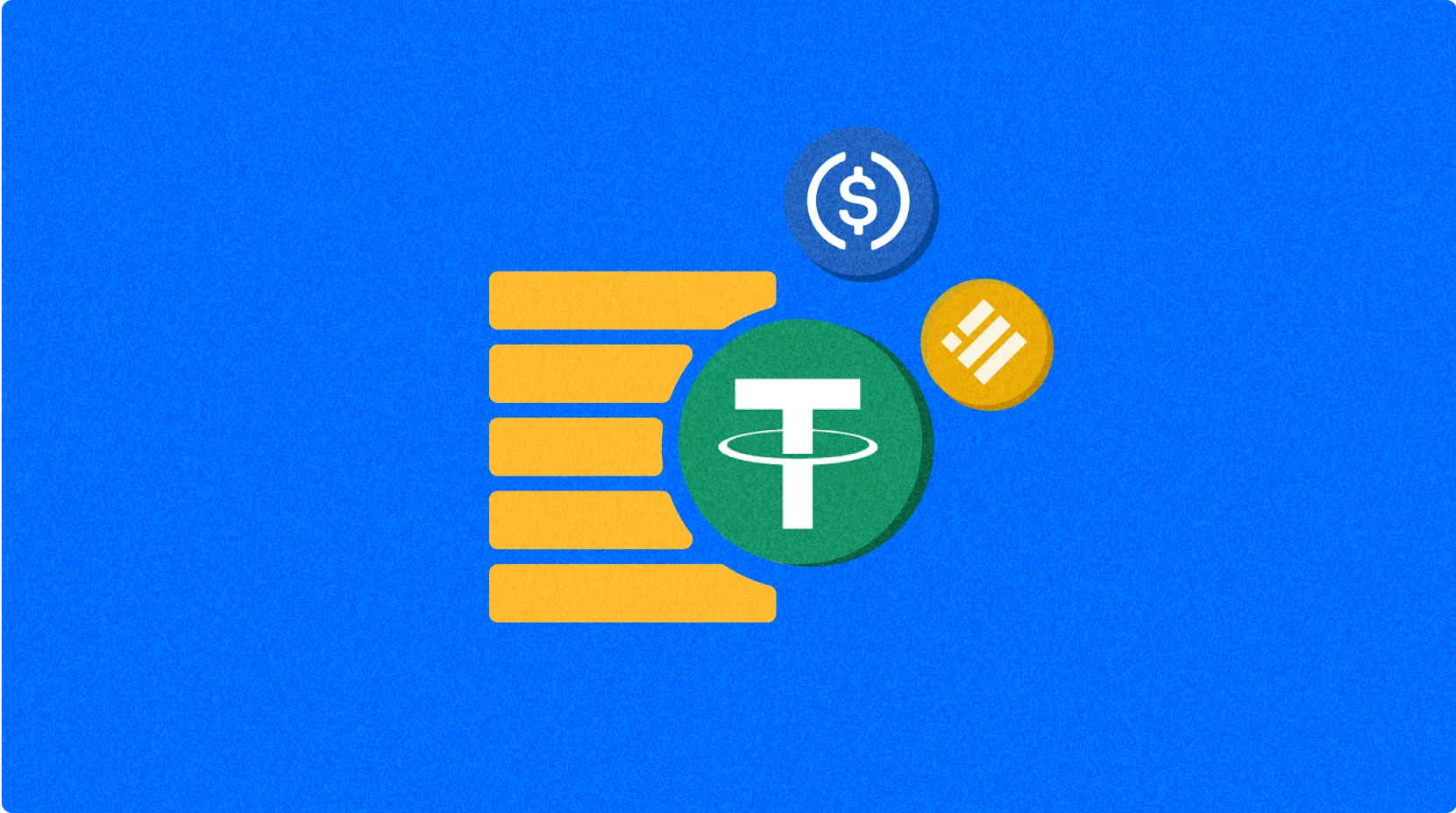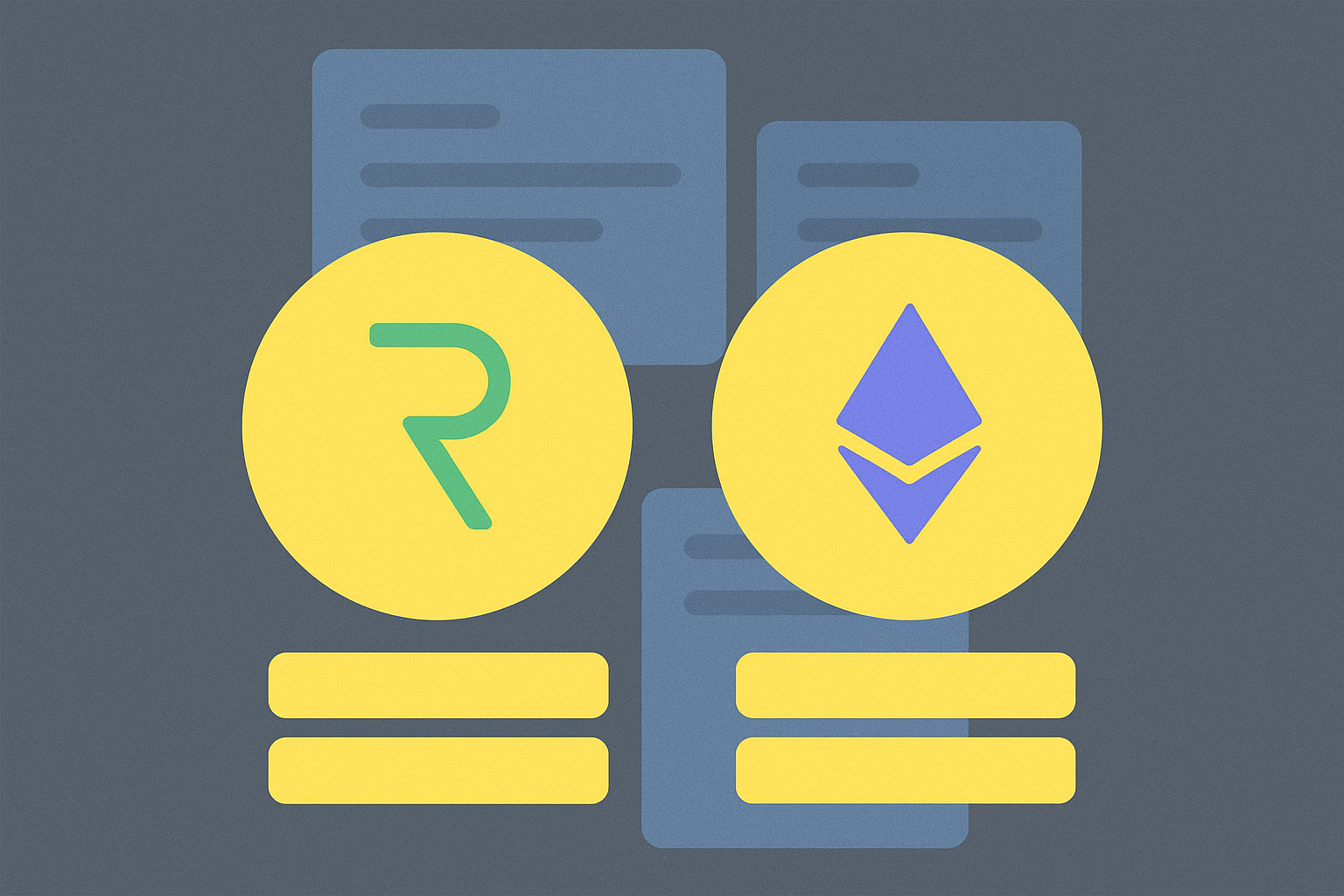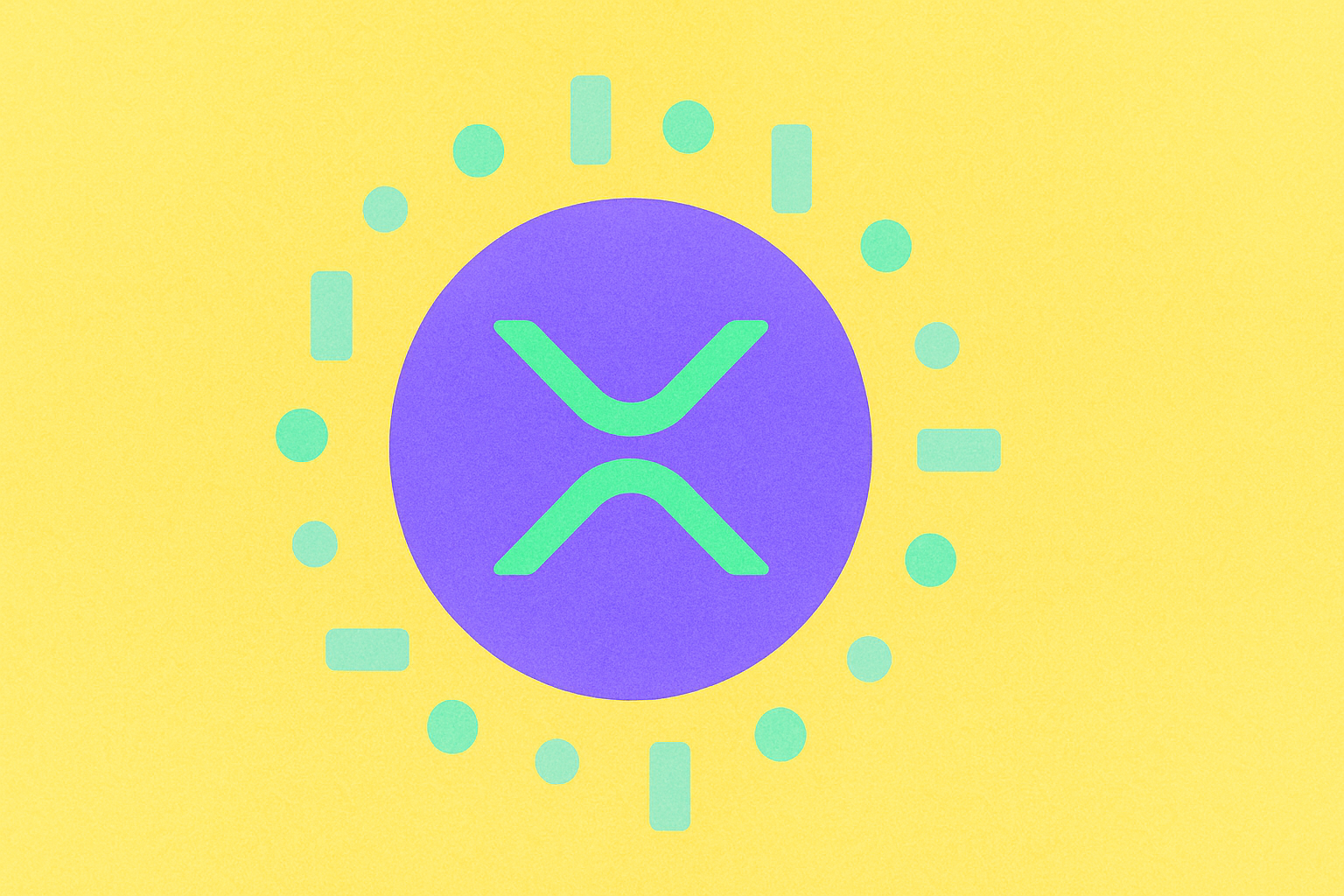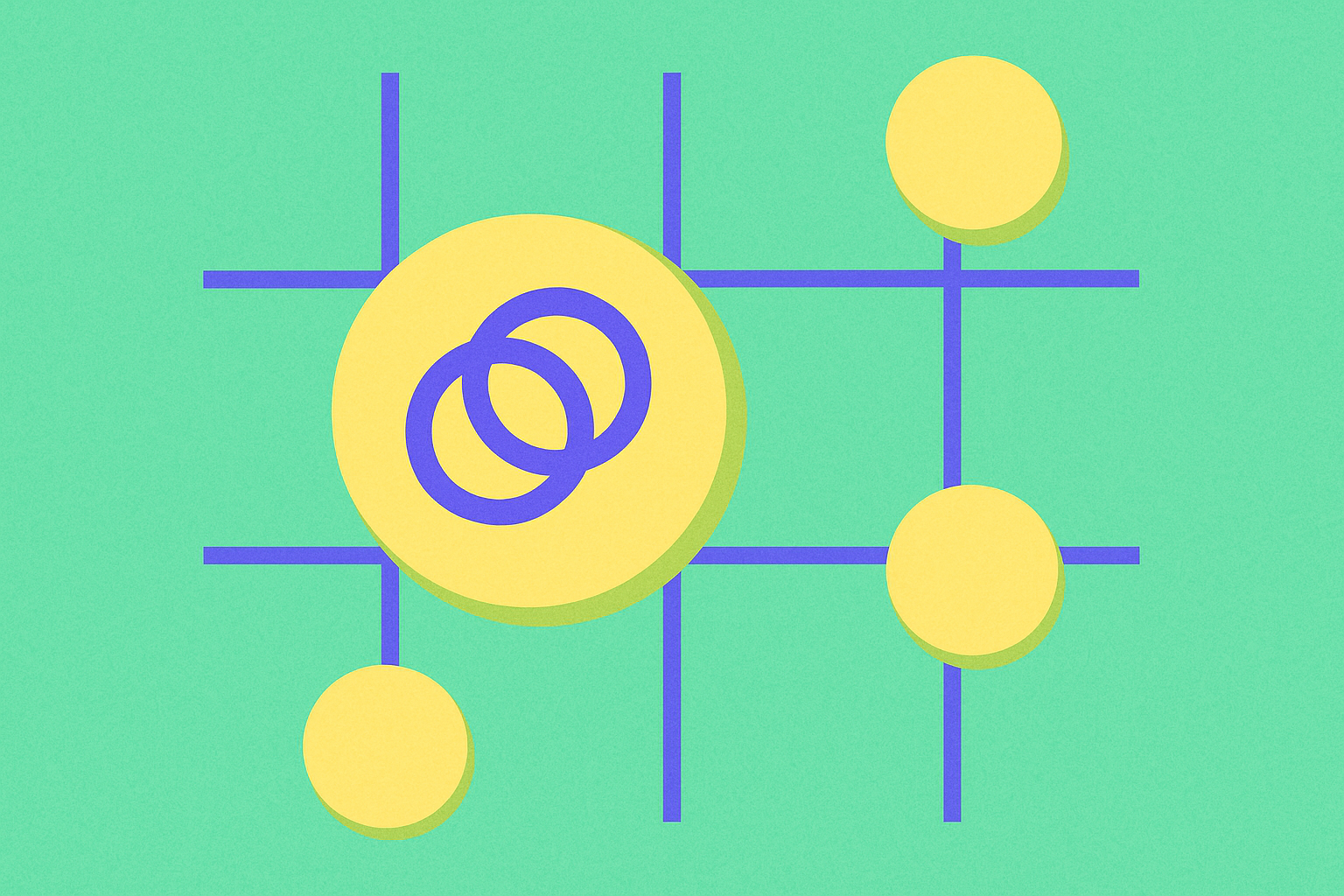Cardano akıllı sözleşmelerinde karşılaşılan en ciddi güvenlik riskleri nelerdir?

Akıllı sözleşme açıkları Cardano’yu potansiyel saldırılar karşısında savunmasız bırakıyor
Akıllı sözleşme açıkları, Cardano ekosistemine yönelik ciddi bir tehdit oluşturarak kötü niyetli saldırılar için zemin hazırlayabilir. Bu tür açıklar genellikle sözleşme kodundaki hata ve eksikliklerden kaynaklanır; saldırganlar bu açıkları işlemleri manipüle etmek veya varlıkları çekmek için kullanabilir. Örneğin, klasik “çift tatmin” açığı, beklenmedik şekilde tek bir işlemde birden fazla sözleşme kullanıldığında ortaya çıkar. Bu hata, istenmeyen token transferlerine ya da varlık kaybına yol açabilir.
Akıllı sözleşmelerin değiştirilemez oluşu, bu sorunu daha da büyütür; dağıtım sonrası açıkların kolayca düzeltilmesini engeller. Bu özellik, saldırganların aynı açığı tekrar tekrar istismar etmesini cazip kılar. Riskin boyutunu göstermek için aşağıdaki karşılaştırmaya göz atabilirsiniz:
| Açık Türü | Potansiyel Etki | Risk Seviyesi |
|---|---|---|
| Çift Tatmin | İstenmeyen transferler | Yüksek |
| Mantık Hataları | Varlık çekimi | Kritik |
| Reentrancy | Bakiye manipülasyonu | Ciddi |
Bu riskleri azaltmak amacıyla Cardano, işlem doğrulamasını güçlendiren gelişmiş UTxO modelini kullanır. Ayrıca, kapsamlı kod denetimleri ve formal doğrulama yöntemleri, açıkların dağıtımdan önce tespit edilip giderilmesinde önemli rol oynar. Cardano ekosistemi büyüdükçe, kullanıcı varlıklarını korumak ve blokzincirin bütünlüğünü sağlamak için güçlü güvenlik önlemlerini sürdürmek büyük önem taşır.
Merkezi borsalar, ADA sahipleri için saklama riski oluşturuyor
Merkezi borsalar, ADA sahipleri için, öncelikle borsa arızaları ve varlık kontrolünün kaybedilmesi nedeniyle önemli riskler barındırır. Kullanıcılar ADA’larını bu platformlarda sakladığında, kısa süre önce yaşanan büyük çaplı borsa çöküşlerinde görüldüğü gibi, karşı taraf riskine maruz kalırlar. Merkezi kuruluşlar tarafından ADA’nın saklanması, Cardano ağının temelini oluşturan merkeziyetsizlik ilkelerine aykırıdır.
| Risk Faktörü | Merkezi Borsalar | Kendi Saklaması |
|---|---|---|
| Varlık Kontrolü | Sınırlı | Tam |
| Karşı Taraf Riski | Yüksek | Yok |
| Ağ Katılımı | Kısıtlı | Kısıtsız |
Ayrıca, ADA staking işleminin merkezi borsalarda yapılması, kullanıcıların Cardano ekosistemine tam katılımını kısıtlar. Bu durum sadece finansal kontrolü değil, ağın merkeziyetsizlik ve yönetişim işlevlerini de etkiler. Ekim 2025 itibarıyla Cardano’nun piyasa değeri 24,38 milyar dolar, dolaşımdaki ADA miktarı ise 36,56 milyar adettir. Bu yüksek değer, güvenli saklama uygulamalarının hayati önemini ortaya koymaktadır.
Merkezi borsalardaki saklama riskleri, düzenleyici belirsizliklerle de artmaktadır. Dünya genelinde devletler kripto para düzenlemeleriyle mücadele ederken, merkezi platformlardaki ADA sahipleri beklenmedik kısıtlamalar ya da uyum zorunluluklarıyla karşılaşabilir. Bu riskleri önlemek için uzmanlar, kullanıcıların özel anahtarlarını kendi ellerinde tutabileceği ve Cardano ağında staking ile yönetişime aktif katılım sağlayabileceği kendi saklama çözümlerini önerir.
Son 600 milyon dolarlık ADA skandalı, yönetişime dair zorlukları gözler önüne serdi
Cardano ekosistemi yakın zamanda, 600 milyon dolarlık ADA’nın usulsüz kullanıldığı iddiasıyla büyük bir sınavdan geçti ve bu gelişme kripto topluluğunda geniş yankı buldu. Skandal, blokzincir projelerinde güçlü yönetişim yapılarının gerekliliğini vurgularken, Cardano’nun merkeziyetsiz karar süreçlerindeki potansiyel zafiyetleri de ortaya çıkardı. Olay sonrası Cardano’nun kurucusu Charles Hoskinson, Cardano Vakfı için bir güven oylaması çağrısı yaptı ve daha fazla şeffaflık ile hesap verebilirliğe olan ihtiyacı ön plana çıkardı.
Son yapılan iç denetim herhangi bir usulsüzlük bulmasa da, yaşanan tartışmalar Cardano ekosisteminde güven ve denetim üzerine kritik soruları gündeme getirdi. Skandalın ADA fiyatı üzerindeki etkisi aşağıdaki tabloda görülebilir:
| Tarih | ADA Fiyatı | 24s Değişim |
|---|---|---|
| 10 Ekim 2025 | $0,6327 | -22,38% |
| 11 Ekim 2025 | $0,6313 | -0,22% |
| 12 Ekim 2025 | $0,7001 | +10,90% |
Bu dönemdeki fiyat oynaklığı, piyasaların yönetişimle ilgili gelişmelere ne kadar duyarlı olduğunu gösteriyor. Cardano ilerlemeye devam ederken, bu sorunların aşılması, yatırımcı güvenini korumak ve projenin uzun vadeli başarısını sağlamak açısından kritik olacak. Yaşananlar, köklü blokzincir platformlarının bile kripto para ekosisteminin artan karmaşıklığına uyum sağlayabilmek için yönetişim mekanizmalarını sürekli geliştirmesi gerektiğini hatırlatıyor.
SSS
ADA Coin iyi bir yatırım mı?
Cardano’nun yenilikçi teknolojisi ve artan kullanımı nedeniyle ADA umut vaat ediyor. Proof-of-stake modeliyle staking ödülleri sunar; bu, uzun vadeli değer artışını destekleyebilir. Diğer tüm kripto varlıklarda olduğu gibi, piyasa trendlerini ve kendi risk toleransınızı dikkate alın.
ADA 100 dolara ulaşır mı?
ADA’nın gelecekteki fiyatı kesin olmamakla birlikte, piyasa büyümesi ve 2025’e kadar Cardano teknolojisinin yaygınlaşmasıyla 100 dolara ulaşması mümkündür.
2025’te ADA ne kadar olacak?
Mevcut tahminlere göre ADA’nın 2025 yılında 0,66 dolar ile 1,88 dolar arasında bir değere sahip olması, hatta 2,36 dolara kadar çıkması bekleniyor. Gerçek fiyat ise piyasa koşullarıyla belirlenecektir.
2030’da 1 Cardano ne kadar olacak?
Analistlere göre, Cardano’nun ölçeklenebilirliği ve regülasyon dostu yapısı sayesinde 2030’da 1,89 dolara ulaşması öngörülüyor. Bu tahmin, mevcut eğilimleri ve büyüme beklentilerini yansıtmaktadır.

Cardano ile En Son: $2 Geliyor mu?

2025 ADA Fiyat Tahmini: Değişen Kripto Ekosisteminde Cardano'nun Büyüme Yolculuğunu Yönetmek

WNXM nedir: Wrapped Nexus Mutual Token’un ve DeFi sigortasındaki rolünün detaylı incelenmesi

Zincir üzerindeki metrikler, Cardano'nun 2025 yılındaki büyümesini nasıl gözler önüne seriyor?

2025 UMA Fiyat Tahmini: Piyasa Trendleri ve Potansiyel Büyüme Faktörlerinin Analizi

PEPE Token Ekonomik Modeli, topluluk yönetimini nasıl teşvik ediyor?

Bilgisayar Bilimlerinde CFG Nedir: Bağlamdan Bağımsız Gramerlere Kapsamlı Rehber

REQ nedir: Gereksinim Mühendisliği ve Yönetimi Hakkında Kapsamlı Bir Rehber

XPR Nedir: Ripple’ın Yerel Kripto Parası ve Blokzincir Ekosistemindeki Rolüne Kapsamlı Bir Rehber

MEW Nedir: MyEtherWallet ve Kripto Para Yönetimindeki Rolüne Kapsamlı Bir Rehber

2025 POWER Fiyat Tahmini: Uzman Analizi ve Önümüzdeki Yıl için Piyasa Öngörüleri







